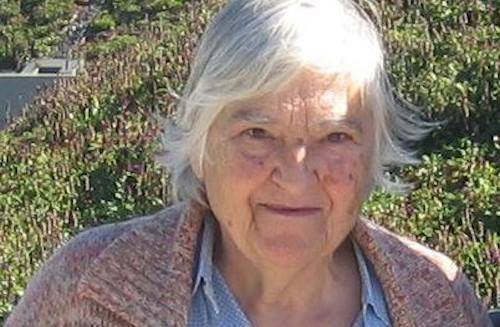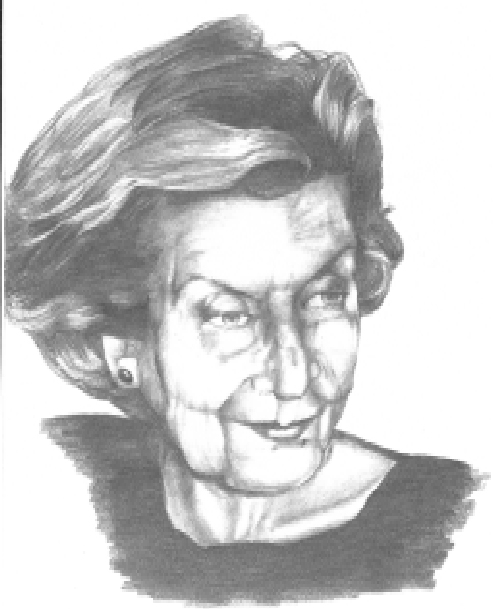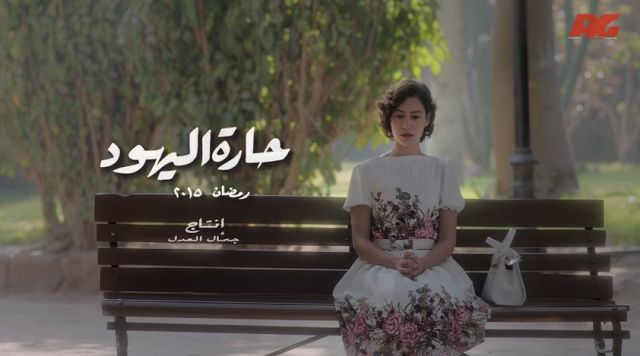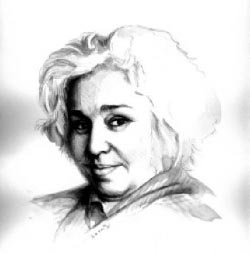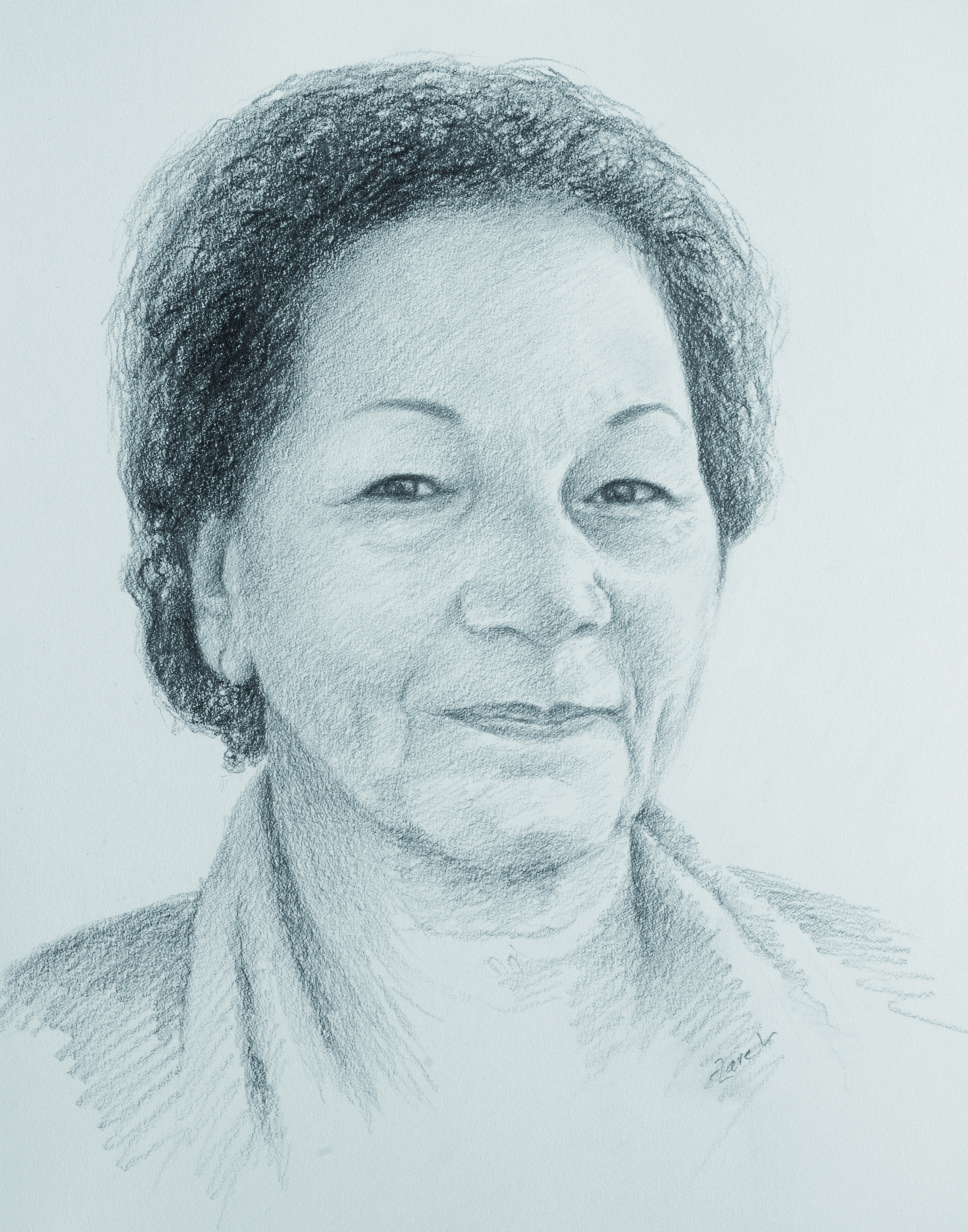Essays and Features
When a Corpse Becomes an Icon for Syria’s Agony and Abandonment!
Etel Adnan’s ‘THE ARAB APOCALYPSE’
Andrée Chedid’s 'Wounded Beirut'
Gibran’s ‘The Prophet’ Outside the Canon of American Literature
‘The Jewish Quarter:’ Ramadan Drama Revisits 40’s Egyptian-Jewish Relations
“The Jewish Quarter” has sent some unsettling messages about the “Ramadan series” (or soaps), prompting commentaries in the Arab press and beyond, and finally meriting a feature article in the New York Times. This 30 episode serial, which runs through the month of Ramadan in Egypt, offers a viewpoint unlike that featured in any other serial before or after the Arab Spring. Its importance stems from its unprecedented and sympathetic treatment of Egypt’s Jews, highlighting their “fierce anti-Zionism” to Egyptian audiences.
Nawal Al Saadawi Speaks on Intellectuals, Politics, and Sexuality
Sabah: The Curtain Descends Upon a Great Lebanese Singer & Cultural Icon
Assia Djebar (1936-2015): Home in France, Heart in Algeria
Assia Djebar has been problematic for some Arab intellectuals, both when she became an "immortal" or a life-long member of the prestigious French Academy and when her name was frequently mentioned as a Nobel Prize contender. Her death on February 6 2015, proved no exception. As her body lay in one of Paris’ hospitals, the same questions arose: Why were her works not translated enough into Arabic? In contrast, her novels were translated into scores of other languages. That is a valid question.



